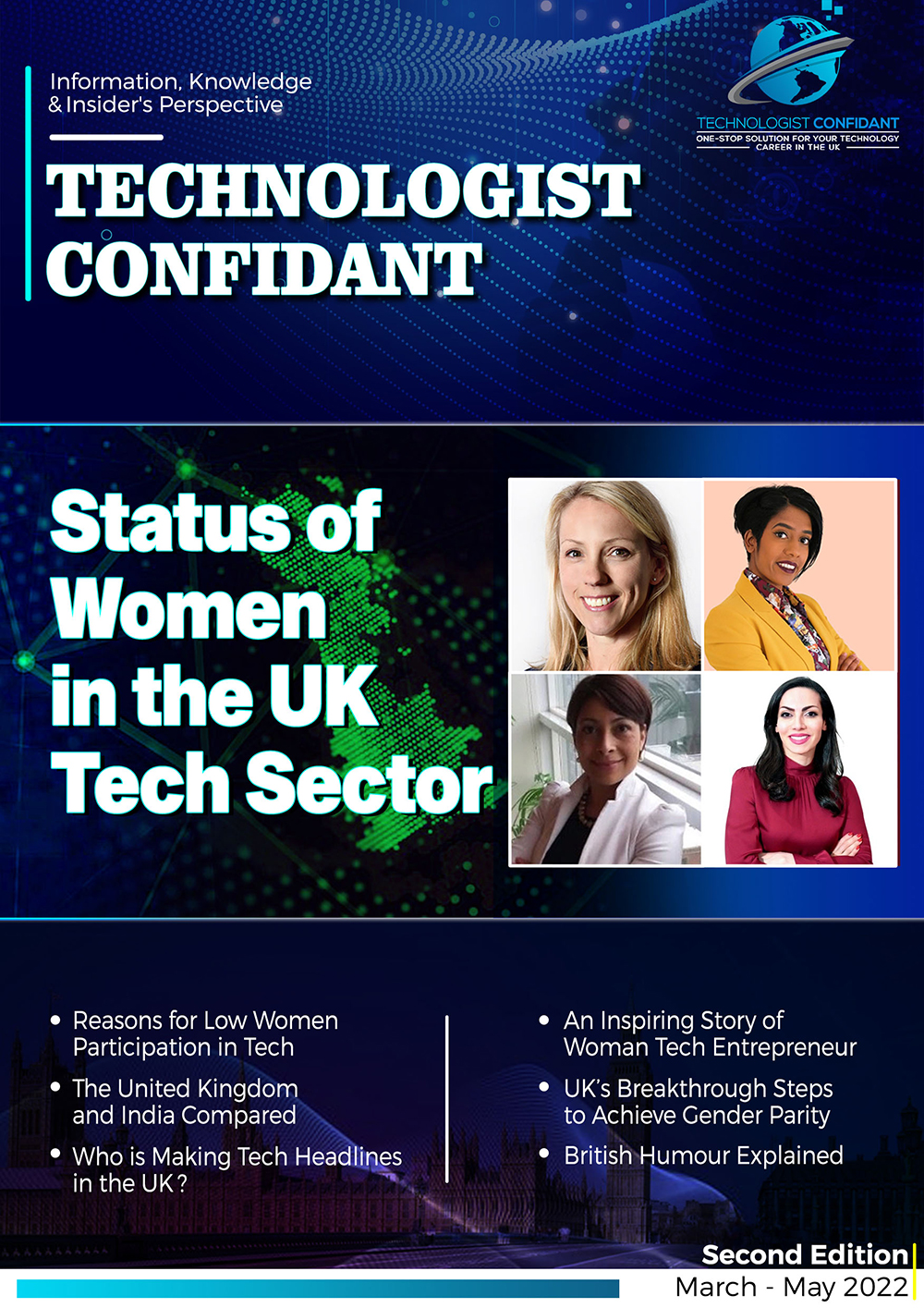A recent Glassdoor survey found that the most common cause for employees leaving their former work (35 percent) was a low wage; other significant factors include, in need of a fresh challenge (23 percent), the current job is 'very boring' (22 percent) and Not getting along with your boss/colleagues (18 percent).
Unquestionably, the third point, often overlooked, is the most common challenge among international employees. Due to the significant changes in working modules in recent years, many companies have witnessed a seismic shift in their cultural practices, giving rise to bewildering emotions and embarrassment among overseas professionals.
Workplace culture is a prevalent theme in the corporate world as it continues to develop and evolve. With new generations having varied requirements and desires, predicting what a great workplace culture will look like in the coming years might be challenging.
However, following an agile mindset, the British work culture is far from uncertain and leaves no space for guessing to an outsider. For the UK, work culture is not about colourful walls and international cuisine; it is about embodying a modern and globalised Western civilisation that values both the work and the well-being of management and employees. Additionally, there’s one more quality of the UK work culture that one can’t comprehend by just walking on the sidewalk; one has to go all the way to accept it as their own.
So, to help our readers deeply understand the dynamics of the UK work culture, we interviewed OliverJames, a specialist and bold HR professional with extensive experience building and retaining high-performance teams by hiring, developing, and motivating skilled professionals. With persuasive skills in assessing desired qualities of a candidate and cultural aspects of an organisation, Oliver plays an essential role in business workforce development. Oliver’s substantial recruitment experience and insights into prominent work culture ethics in UK companies paint a rich picture of what can be expected when working in the United Kingdom.
What are the first three things that come to your mind when you think about the UK work culture?
First, the UK work culture favours long weekends over multiple weeks’ vacation at one time. Second, experience trumps education for hiring purposes. Nowadays, employers prefer that employees have realistic expectations about their jobs. Experience teaches you about the reality of working life and, more significantly, it provides you with the soft skills required to succeed in any workplace. Last but not the least, “Employer Friendly” (Compared to Europe).
Additionally, punctuality, politeness, smart and pragmatic bargaining, and humour are all important aspects of developing professional connections in the United Kingdom.
How do you describe British work culture? In your opinion, how is the British work culture different from the rest of the world?
Firstly, it’s hard to define British work culture, as we have so many subcultures within UK business. For instance, working in a partnership (such as an accountancy firm or solicitors) is very different from the public or private sector, and I would say that we tend to be more traditional than in other parts of the world. When some people think of British business culture, you think of riding the tube into central London wearing a suit and tie and clasping a briefcase. Although this is still a common sight, the culture has somewhat been forced to evolve with the times and adapt due to the effect Covid has had on office-based working.
Studies suggest that a large proportion of UK-based companies will not return to full-time office-based positions. Companies must adjust to this new candidate-driven environment by implementing hybrid or remote working policies and guidelines. British work culture can also be described as 9-5 working days. That being said, observations suggest that this too is becoming less common, and (industry-depending) employees feel more comfortable responding to a few emails or taking a call outside of their core hours. For many working in an international company, this can sometimes feel like an unofficial role requirement.
Most non-native speakers run the risk of frequently misunderstanding their colleagues at first; in your opinion, how can they avoid such awkward situations?
As British people, we tend to be very much aware that we are behind the curve when speaking multiple languages. Therefore, I believe that we have a higher tolerance level when it comes to people asking for clarity or for someone to repeat themselves (especially in a business setting). My advice would be not to hesitate to invite colleagues to slow down when speaking or repeat themselves as needed. I, for one, tend to talk too quickly and greatly appreciate the reminder.
Do you think there is an advantage to joining the UK's work culture as a foreign employee? If so, how?
This depends on what you are trying to achieve. Everyone has different objectives they are working towards and other goals and ambitions for the future. I would say that the saying goes, ‘A jack of all trades is a master of none, but frequently better than a master of one’ this is certainly true in business, and I believe the UK culture is significantly different from other cultures parts of the world. Working in the UK with local colleagues will undoubtedly broaden your knowledge and way of thinking. The same can be said for working internationally in general.
How would you describe work-life balance in UK workplaces?
In most industries, employers tend to stick to a standard 9-5 working day pattern, with overtime and shift work only being reserved for more of the blue-collar type positions. There may be an unofficial expectation that work is completed outside of working hours on occasion; however, most managers would discourage employees from making this a standard practice. Employees, however, feel more comfortable with this working style with recent advancements in technology and easier access to work emails and systems via mobile phones.






